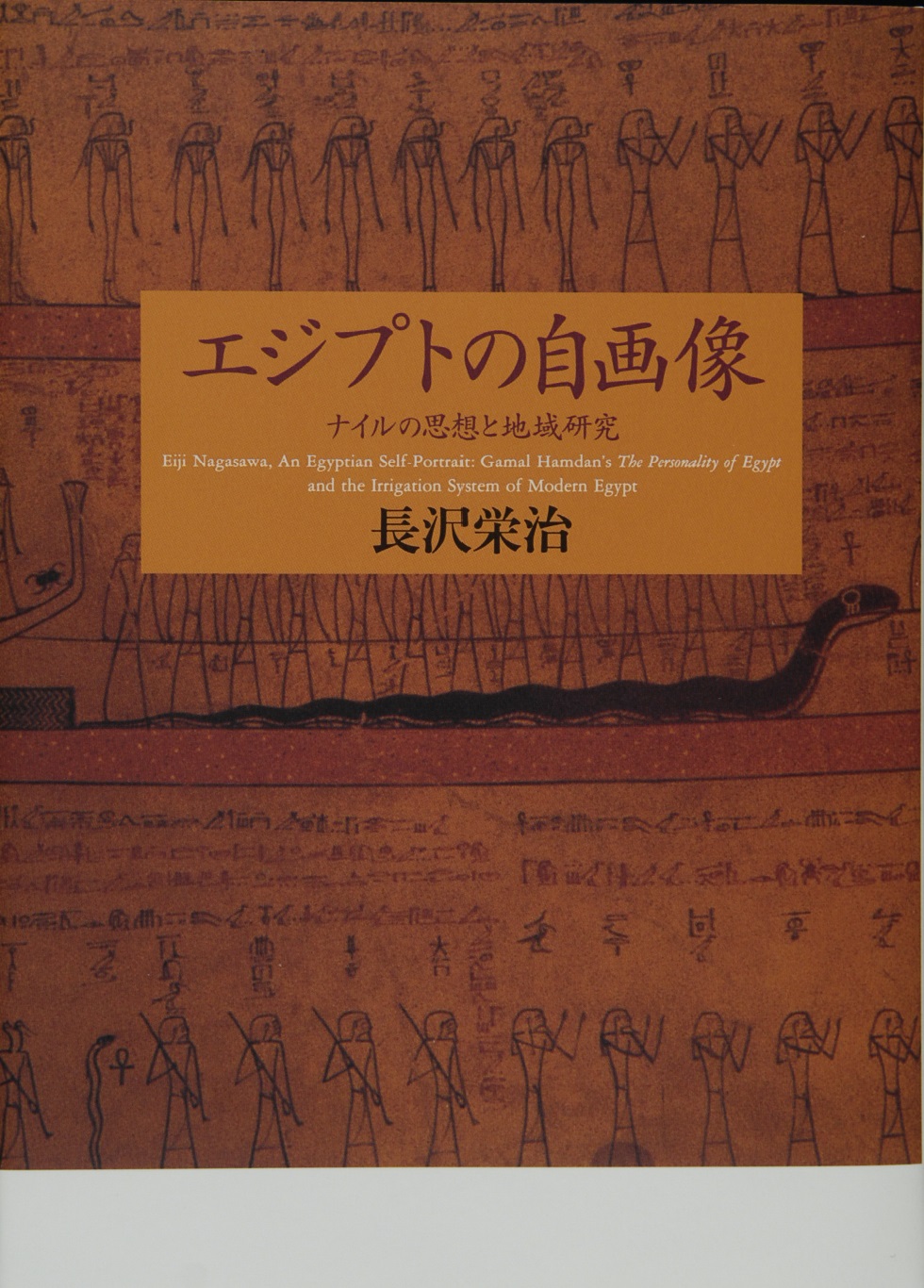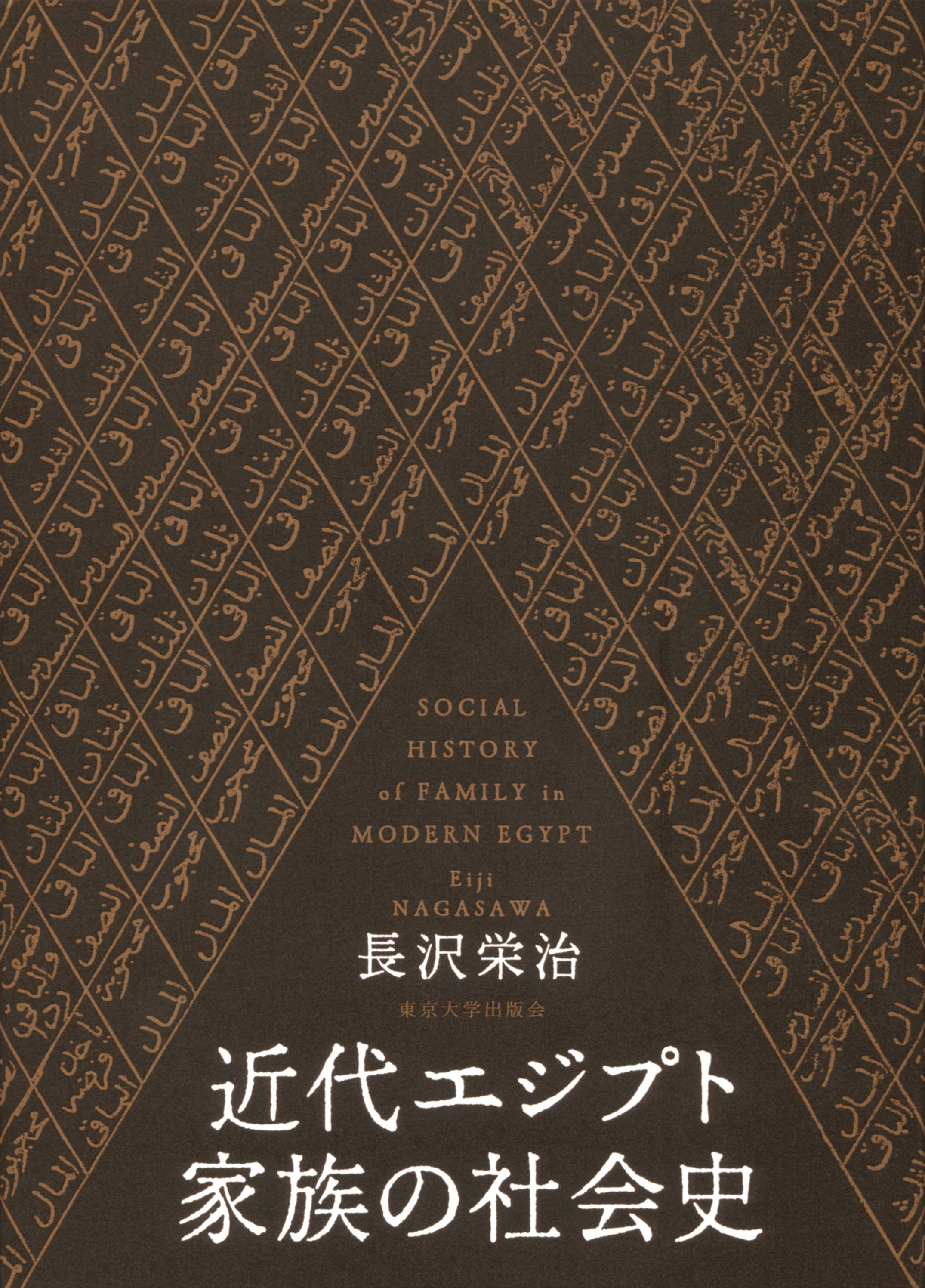
Title
Egypt no Jigazo (An Egyptian Self-Portrait - Gamal Hamdan’s The Personality of Egypt and the Irrigation System of Modern Egypt)
Size
352 pages, A5 format
Language
Japanese
Released
March 22, 2013
ISBN
978-4-582-48147-1
Published by
Heibonsha
Book Info
See Book Availability at Library
Japanese Page
Once a historian of ancient Greece, Herodotus, famously said “Egypt is the gift of the Nile.” Originating in the middle of tropical Africa, the Nile is a unique river that runs through the vast plain of the North African desert, and it has formed a fertile delta with the sediment it carries in abundance. If it had not been for the fertile soil and periodical flooding of the Nile providing irrigation, the ancient Egyptian civilization would not have arisen. If this world’s longest river had swerved to left or right at some point, world history as we know it, the history of humanity, would have been completely different. The Nile is thus almost a miraculous occurrence which has given Egypt unique characteristics. Egypt is also a crossroads between the Asian, African and European civilizations. The Nile’s geographical ‘situation’ and ‘significance’ in terms of civilizations are considered to have rendered Egypt an area with outstanding identity.
A brilliant Egyptian geographer of the modern time, Gamal Hamdan (1928-1993), attempted to depict Egypt and its geographic uniqueness to the fullest. One of his most prominent books, The Personality of Egypt (the first edition published in 1967, with subsequent editions published in 1980, 1981 and 1984) is an encyclopedic work comparable to historic chroniclers, and at the same time it is a sociological ideology that interprets modern geography from a viewpoint of ethnic nationalism and sets forth a grand theoretical framework.
Through writing this book, Hamdan was fighting an ideological battle to save his motherland and its people from their conundrum. Against whom was he fighting? Firstly, it was the geographic determinism such as the water-rights socialism often pursued by Western scholars, a typical example being K. Wittvogel’s Oriental Despotism: A Comparative Study of Total Power. He argued that a centralized power was indispensable for controlling a great river, and such a power would inevitably give rise to Oriental despotism. This is a deterministic opinion (also known as essentialism) that blames the environment, culture and religion (Islam, for example) for the backwardness and malady of ‘Oriental’ societies.
However, Hamdan’s personal history reveals that he himself was a victim of despotism under the Nasser regime. Having resigned in protest his teaching post at university, this lone geographer pursued his academic quests in poverty. The thriving ethnic nationalism was what kept him going. This book primarily aims to describe this intellectual who lived through the Arab socialism characterized by the stark contrast between political oppression and the ray of hope in ethnic nationalism, and the ideology he finally arrived at.
In the second half, the author discusses the irrigation system in modern Egypt, drawing on the field work he conducted. The discussion focuses on a comparison with the Egyptian society argued by library geographers. While this book takes the form of a compilation of the author’s essays from the past 20 years, by coincidence, it was published in 2011 when Egypt was undergoing the time of unrest. I hope this book throws some light on the history of modern Arab.
(Written by NAGASAWA Eiji, Professor, Institute for Advanced Studies on Asia / 2017)



 Find a book
Find a book


